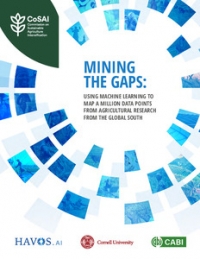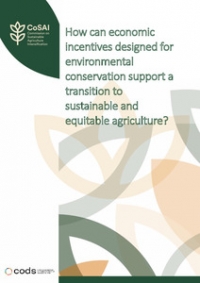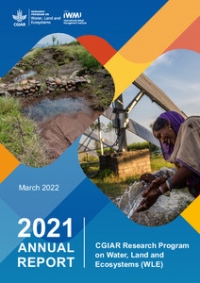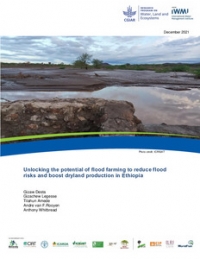In the past, communities and landscapes have existed in mutually beneficial harmony, with people benefitting from ecosystems services and landscapes being maintained, and even enhanced, through diverse human uses. But today, external shocks, ranging from extreme weather to political unrest, risk bringing such co-dependence out of balance.
To help communities address threats to the land- and seascapes they depend on, Bioversity International, a partner of the CGIAR Research Program on Water, Land and Ecosystems, has developed a toolkit that can be used to measure resilience.
The toolkit presents twenty indicators that evaluate the resilience of different aspects of ecological, agricultural, cultural, and socio-economic systems, posing questions such as whether the diversity of the local food system is very high, very low, or somewhere in between.
Using the indicators as a measuring stick, communities (or other groups of stakeholders) can evaluate current conditions across their landscape and establish a baseline of a landscape’s resilience, which is an important first step. Understanding current conditions subsequently allows communities to identify and reach agreement on priority actions for increasing resilience.
Using the toolkit has proved to increase communities’ sense of ownership, their power over their environments, and their capacity to respond to social, economic, and environmental pressures and shocks, ultimately helping them to re-establish resilience.





















